Coming home to a house full of scattered items always stresses me out - clothes thrown around, tangled cables, cosmetics everywhere... This was exactly my situation! As someone who used to be tormented by organization problems, I truly understand this pain. After two years of exploration and practice, I've finally found some particularly useful storage tips that I'd like to share with you today, hoping to help you break free from the chaos.
When it comes to frustrating storage issues, I think cables and wires definitely rank in the top three. Chargers, headphone cables, data cables - having them all tangled together is a nightmare. I tried many methods before, like zip ties and rubber bands, but none were ideal. Then one day while eating bread, I was suddenly inspired by the plastic closure clip.
This seemingly ordinary little clip is actually a storage lifesaver! Now I sort different types of cables and secure each one with a bread bag clip. These clips not only prevent cables from tangling but amazingly allow for labeling too. For example, I use a marker to label clips with "iPhone charger," "Switch cable," etc., making them super easy to find.
Plus, these clips have the perfect material - they won't damage cables like rubber bands do. I've noticed that since using this method, my cables last much longer. The cable sheathing damage that used to happen frequently has also reduced significantly. If you have lots of cables, I also recommend organizing them by frequency of use. Frequently used ones go in an easily accessible drawer, while rarely used ones can be stored in storage boxes.
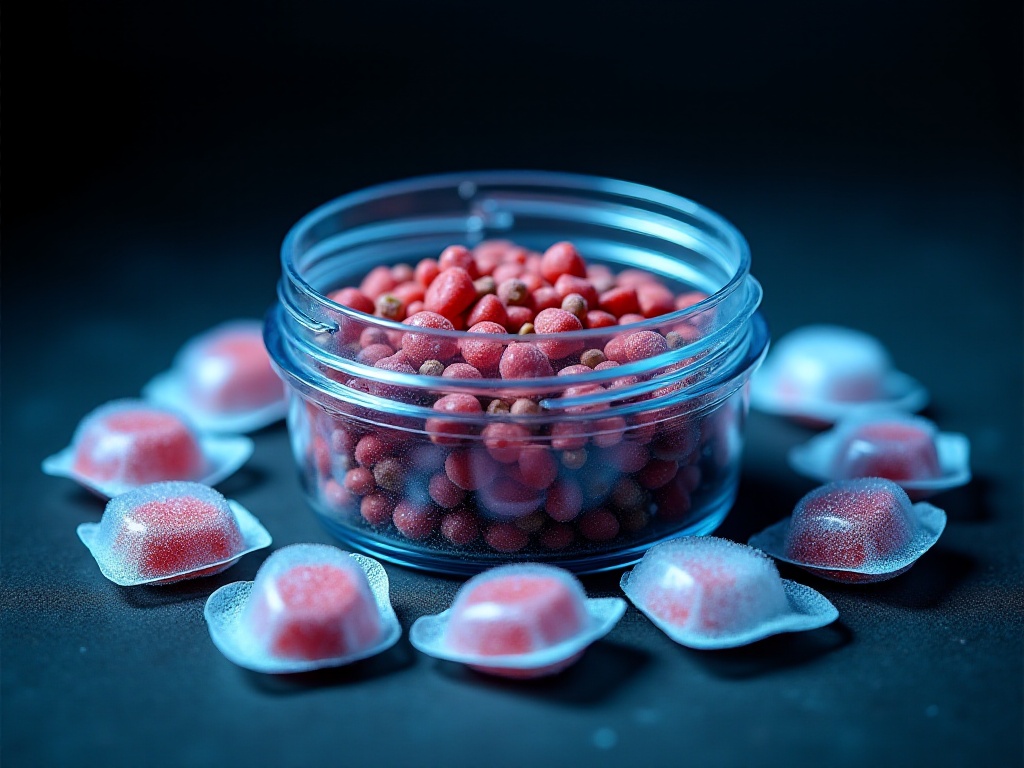
The key problem really troubled me for a long time. I used to stand at the door trying different keys over and over, especially when the lighting was poor at night - it was truly a nightmare. Later, while browsing a beauty store, I had a sudden inspiration: why not use nail polish to mark them?
This method is absolutely brilliant! I color-coded all the keys at home - red for the front door, blue for the bedroom, green for the storage room... This makes them instantly recognizable even in dim light. Plus, nail polish is incredibly durable - I've been using this system for over two years, and the colors are still clear.
However, I should remind everyone to choose bright colors when selecting nail polish, like true red or royal blue, as they're more easily identifiable. Also, choose brands that don't chip easily, otherwise you'll need to reapply after a while. Now I never worry about finding the right key when I go out, saving a lot of unnecessary trouble.
By the way, besides color coding, I also attached a small label to each key. The labels specify exact purposes, like "Storage Room Basement" or "Storage Room Third Floor." This way, even if you forget what the colors mean after a while, you can immediately know by checking the label.
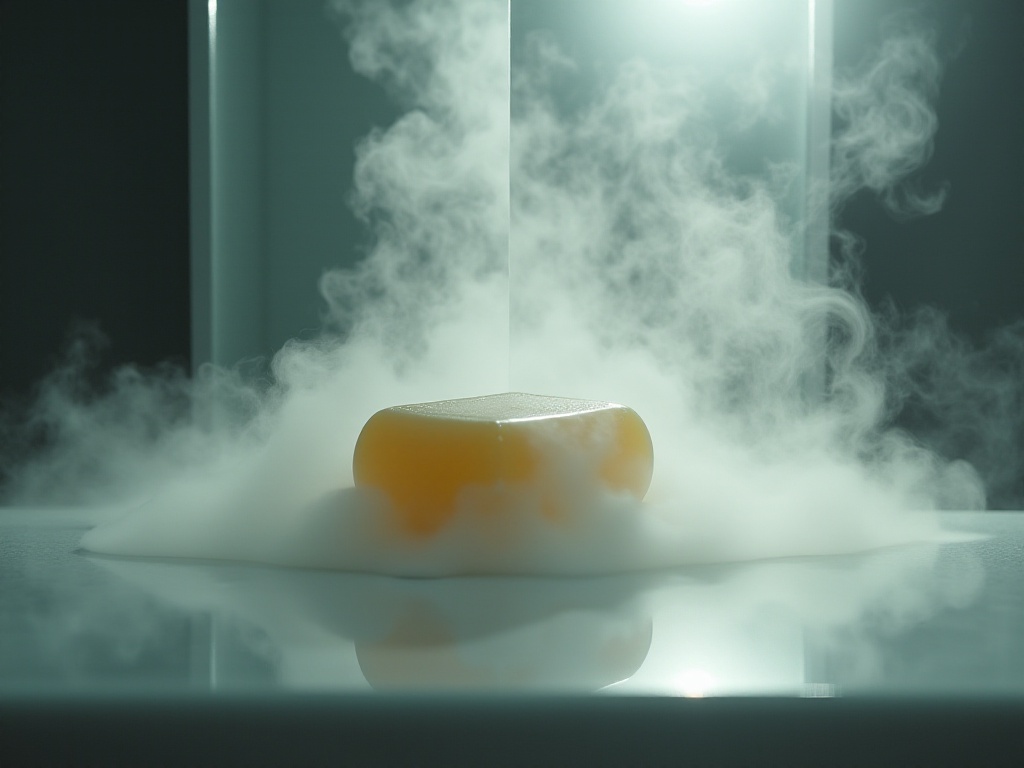
Speaking of things that are easy to lose, there are so many! Glasses, keys, phones - these small items seem to grow legs, they're here today and gone tomorrow. I used to spend at least ten minutes every morning searching all over the house for these things, often making me late.
Later, I set up several fixed "parking spots" at home, and this method worked exceptionally well. I placed an elegant tray by the entrance specifically for keys and sunglasses. There's also a small box on the bedside table specifically for glasses and watches. Even chargers have a fixed spot, right by the socket next to the bed.
Developing this habit takes some time. At first, I often forgot to put things back in their places, but after persisting for about two weeks, it became natural. Now, the first thing I do when entering is put my personal items on the entrance tray, and before leaving I collect everything from there at once, no more searching around.
I've also found that this not only saves time looking for things but also reduces the likelihood of losing items. Previously, I often didn't know where my sunglasses were, sometimes taking several days to find them stuffed in some bag. Now when I see the tray is empty, I know the sunglasses must be in my bag or in the car, immediately narrowing down the search range.
Bathroom cleaning has always been a headache, especially the shower head's limescale problem. My home's tap water has high calcium content, and it doesn't take long for the shower head to develop uneven water flow. At first, I foolishly tried scrubbing hard, which not only had little effect but also scratched the shower head's surface.
Later, I discovered the vinegar descaling method, which is simply magical! All you need is a large ziplock bag and some regular white vinegar. Pour the vinegar into the bag, then soak the shower head in it, securing the bag opening with a rubber band. After waiting an hour, remove and rinse, and the limescale falls off automatically.
The biggest advantage of this method is that it requires no effort - the vinegar's acidity automatically dissolves the limescale. Plus, food vinegar is non-toxic and won't leave the harsh smell that some cleaners do. I now do this cleaning once a month, and the shower head's water flow remains consistently good.
Speaking of bathroom cleaning, shower glass is also challenging. Water stains and soap scum build up and make the glass dirty. I found that rubbing with lemon slices dipped in salt works particularly well, not only removing water stains but also making the glass sparkle. Just rinse with clean water afterward - it works better than commercial cleaners.
Toilet cleaning also has tricks. You can pour white vinegar into the rim holes of the toilet, leave it overnight. The next day when you flush, you'll find the limescale has dissolved. I've been using this method for a long time with great results. Plus, there's no worry about chemical cleaners damaging the drains.
Many people might think maintaining electronic devices is troublesome, but it's actually not time-consuming if you know the right methods. I set aside some time each week to clean my electronic devices, and I find they work better and last longer.
Keyboards are where dust accumulates most easily. I bought a soft brush specifically for cleaning keyboard crevices. Choose bristles of medium hardness - too soft won't clean effectively, too hard might scratch the keyboard. When cleaning, gently brush along the crevices to remove hidden dust and debris.
For stubborn dirt, I use cotton swabs dipped in a little alcohol. But be careful not to use too much alcohol to prevent liquid from entering the keyboard. After cleaning, wipe with a clean microfiber cloth, and the keyboard will be spotless.
Monitor cleaning is also important. I bought a special microfiber cloth, and usually just slightly dampen it with water for cleaning. Remember never to use paper towels or regular cloths, as these materials can scratch the screen. For stubborn stains, you can use special screen cleaner, but make sure to spray it on the microfiber cloth rather than directly on the screen.
Computer cooling also needs attention. Every three months, I clean the fans and heat sinks with compressed air. When cleaning, make sure to completely shut down the computer and do it outdoors to avoid dust flying indoors. When using compressed air, maintain an appropriate distance - spraying too close might damage components.
Phone cleaning shouldn't be neglected either. Especially the earpiece and charging port, which easily accumulate dust. I carefully clean these areas with toothpicks, and sometimes use compressed air when necessary. If the charging port has dirt, gently clean it with a cotton swab slightly dampened with alcohol.
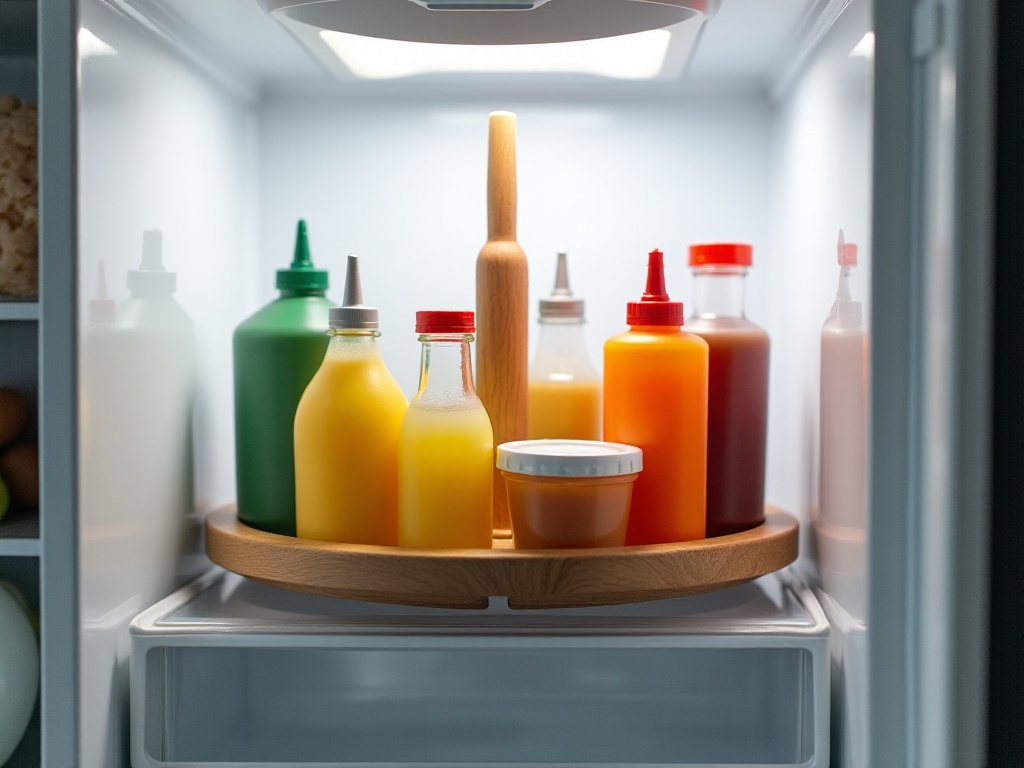
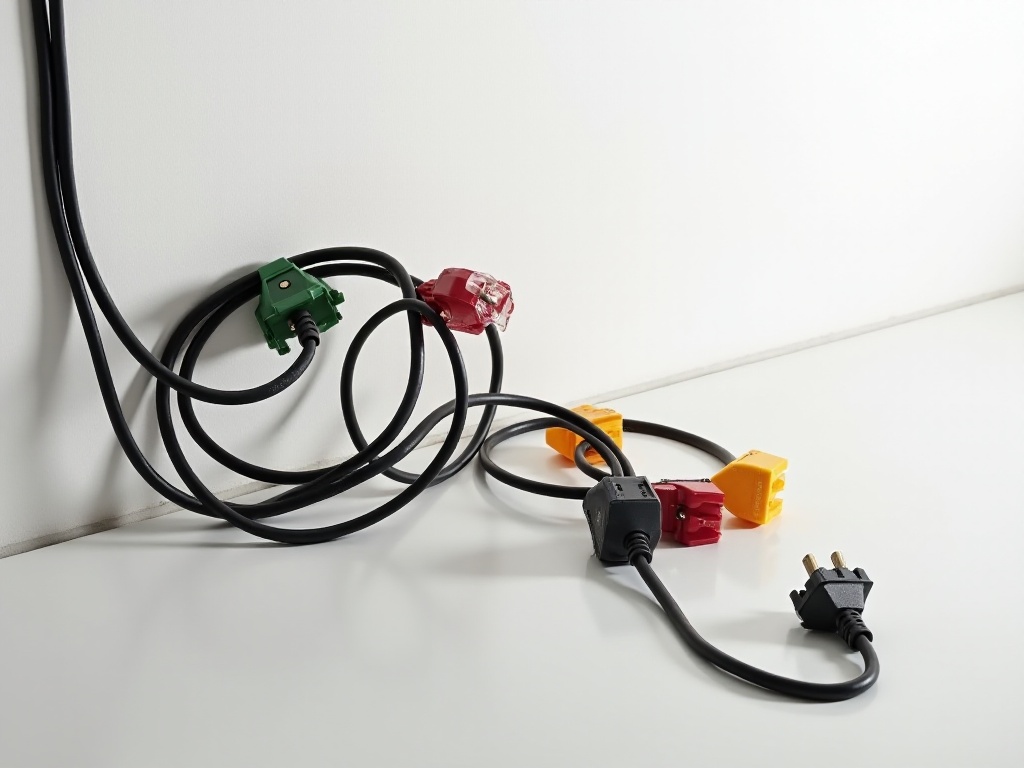
Food storage is truly a science. I've learned many lessons the hard way, buying lots of ingredients only to have them spoil before use. After these experiences, I've summarized some particularly useful storage methods.
Cheese storage requires special attention. Initially, I always wrapped it tightly in plastic wrap, only to find it molding after a few days. Later I learned that cheese needs to "breathe," and wax paper is the best packaging choice. Wax paper maintains appropriate air permeability, preventing cheese from drying out while avoiding mold from over-sealing. Now my cheese keeps much longer and tastes better than before.
Fruit storage also has its techniques. For grapes, I wash and dry them before freezing. Frozen grapes not only make great fruit snacks but can also serve as natural ice cubes. In hot summer, putting a few frozen grapes in juice or sparkling water keeps drinks cold without diluting them like regular ice cubes. Plus, biting into a frozen grape is simply amazing!
Banana storage has its tricks too. If your bananas are still green, you can store them with apples - the ethylene gas released by apples speeds up banana ripening. If the bananas are already ripe, separate them and wrap their stems in plastic wrap to slow down ripening.
I have a unique method for storing leafy vegetables. For lettuce and spinach, I first wash them briefly in salt water, then pat dry with kitchen paper. Then I put them in storage containers with kitchen paper at the bottom to absorb excess moisture. Finally, I poke a few holes in the container for ventilation, keeping them fresh for several days.

I've also gathered some particularly useful tips for food preparation. For instance, when peanut butter or chocolate spread is almost empty, don't rush to throw it away - pour in warm milk, shake it up, and you've not only used up the remaining spread but created a delicious drink. I use this method often, finding it particularly satisfying and waste-free.
Eyes burning while cutting onions? I discovered that refrigerating onions briefly before cutting reduces tears significantly. Or you can soak them in cold water for a few minutes before cutting - that works well too.
When peeling potatoes, try boiling them first until slightly soft, then rinse with cold water - the skins will come off easily with a gentle rub. Just be careful not to boil them too long, or they'll become too soft.
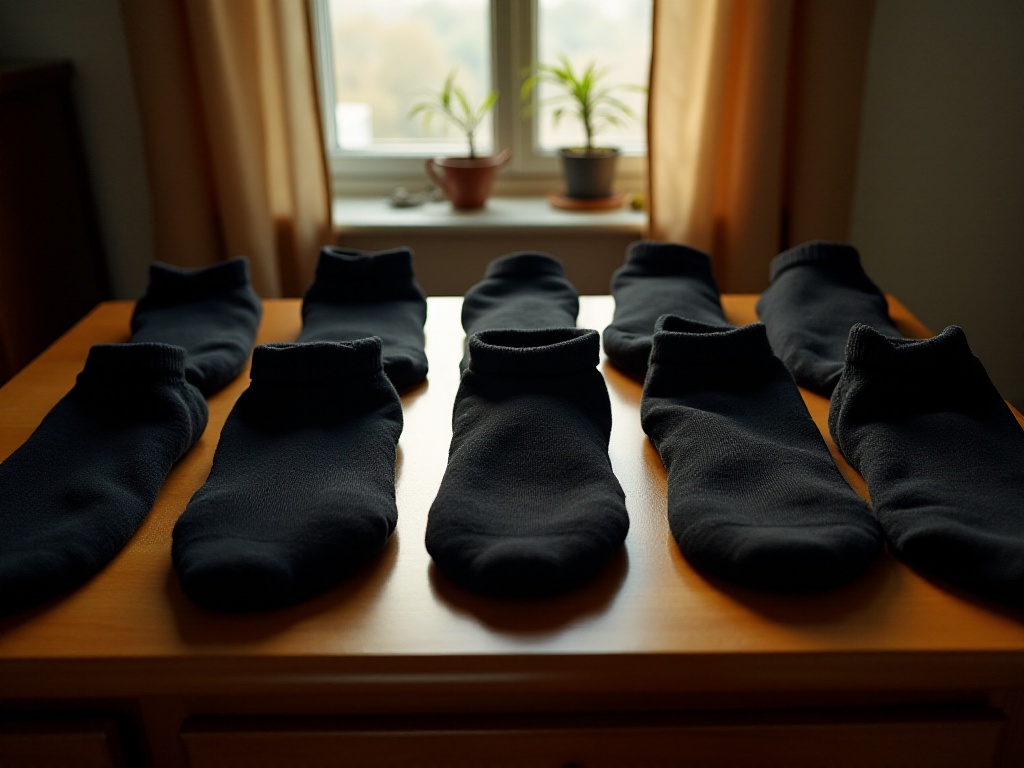
Modern life depends on phones, but sometimes their functions fall short. Take volume, for instance - sometimes even at maximum volume, videos or music aren't loud enough.
I discovered a clever trick: placing the phone in a ceramic bowl. The bowl's shape naturally amplifies sound with surprisingly good results. This trick is especially useful while camping, where environmental noise often makes phone audio hard to hear.
Besides ceramic bowls, any similarly shaped container can achieve a similar effect. Paper cups, plastic bowls, etc. The key is finding a concave object that can reflect sound waves. I also found that placing the phone against a wall corner produces a similar effect, as sound waves reflect and combine at the corner.
Phone battery saving is another important topic. I found that adjusting screen brightness to appropriate levels and closing unnecessary background apps noticeably extends battery life. Plus, many phones now have power-saving modes, which help when battery is low.
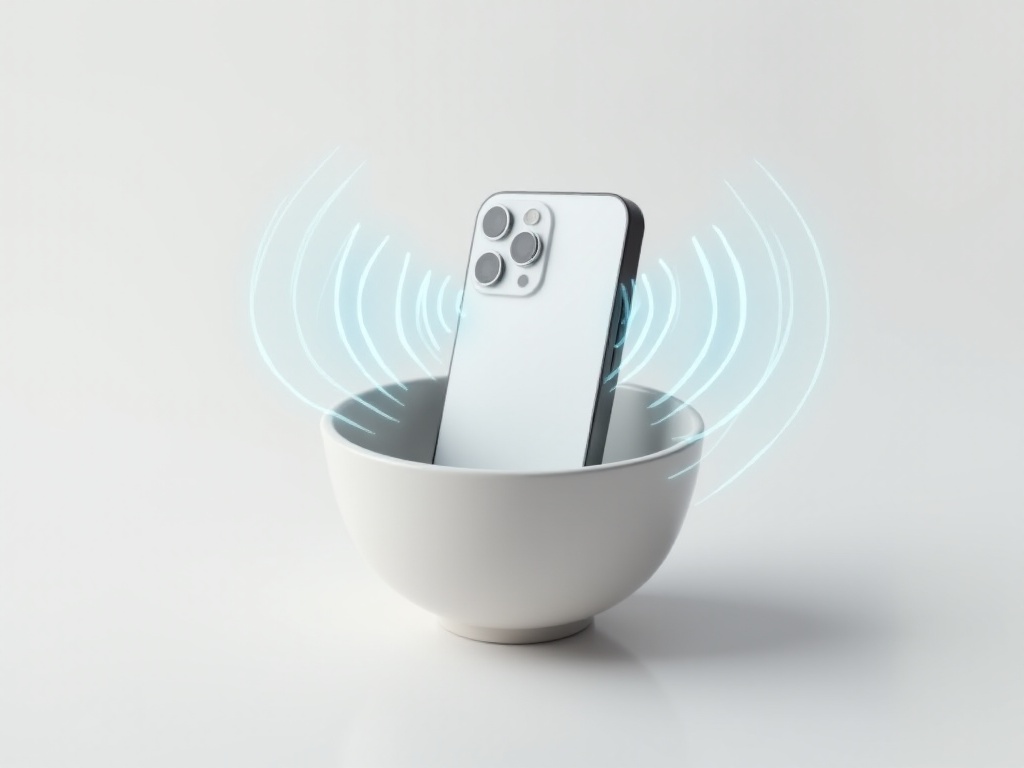
Regarding data security, password management is crucial. With so many accounts nowadays, remembering different passwords for each is challenging. Using the same password everywhere creates security risks.
I found a great method called the "sentence method" for creating passwords. For example, take the sentence "I love drinking coffee on weekends" and extract the first letter of each word, add some symbols and numbers to create "Il@dc_ow". Such passwords are both memorable and secure.
This method can be varied for different websites. Use "I love shopping on Taobao for clothes" for shopping sites, "I love chatting on WeChat with friends" for social media - each site gets a unique password following the same pattern, making them easy to remember.
Besides password management, regular data backup is important. I regularly back up phone photos and important files to computer or cloud storage. Many cloud services offer free space - make good use of it. This way, even if your phone is lost or damaged, important data isn't lost.
These tips might seem simple, but they truly make life easier. There are many such tricks waiting to be discovered in life. The most important thing is developing habits of observation and thinking - an unexpected discovery might solve a long-standing problem.
Everyone has their own lifestyle, and these tips might not suit everyone. I suggest adjusting and changing them according to your actual situation. Most importantly, develop good habits and truly integrate these storage and organization methods into daily life.
Actually, establishing good habits is more important than mastering techniques. Even the best methods are just theoretical if not practiced consistently. I hope everyone can maintain the methods that suit them, making life more orderly and beautiful.
 Previous
Previous
